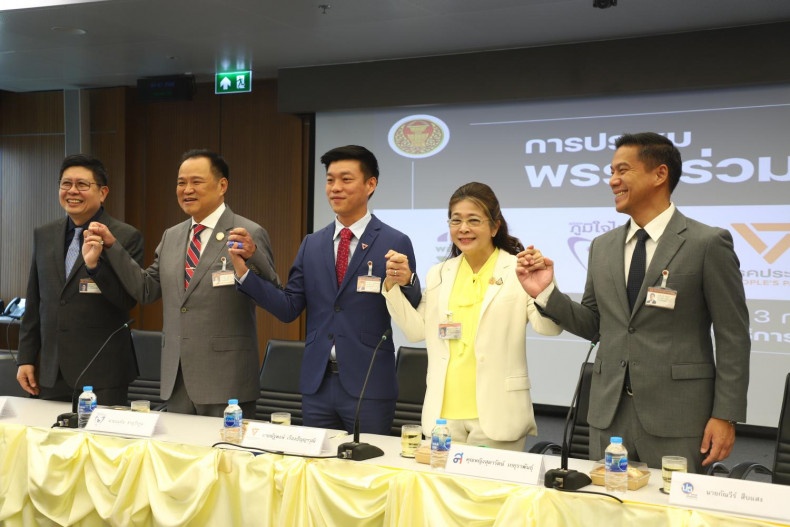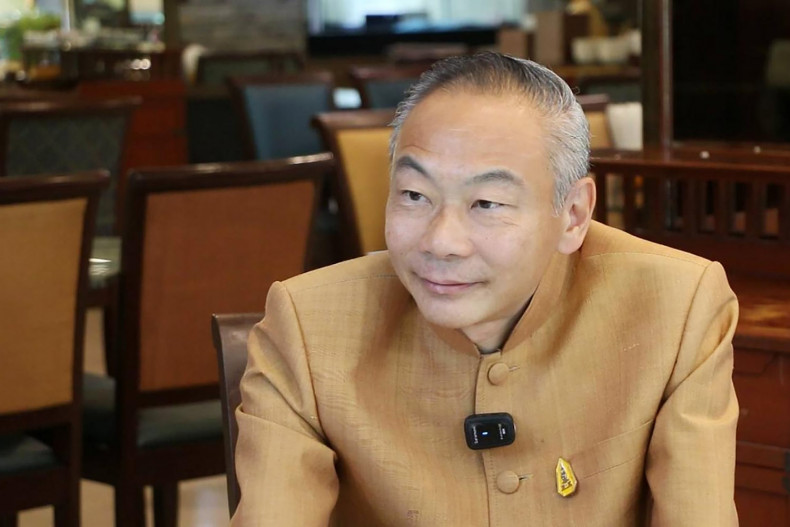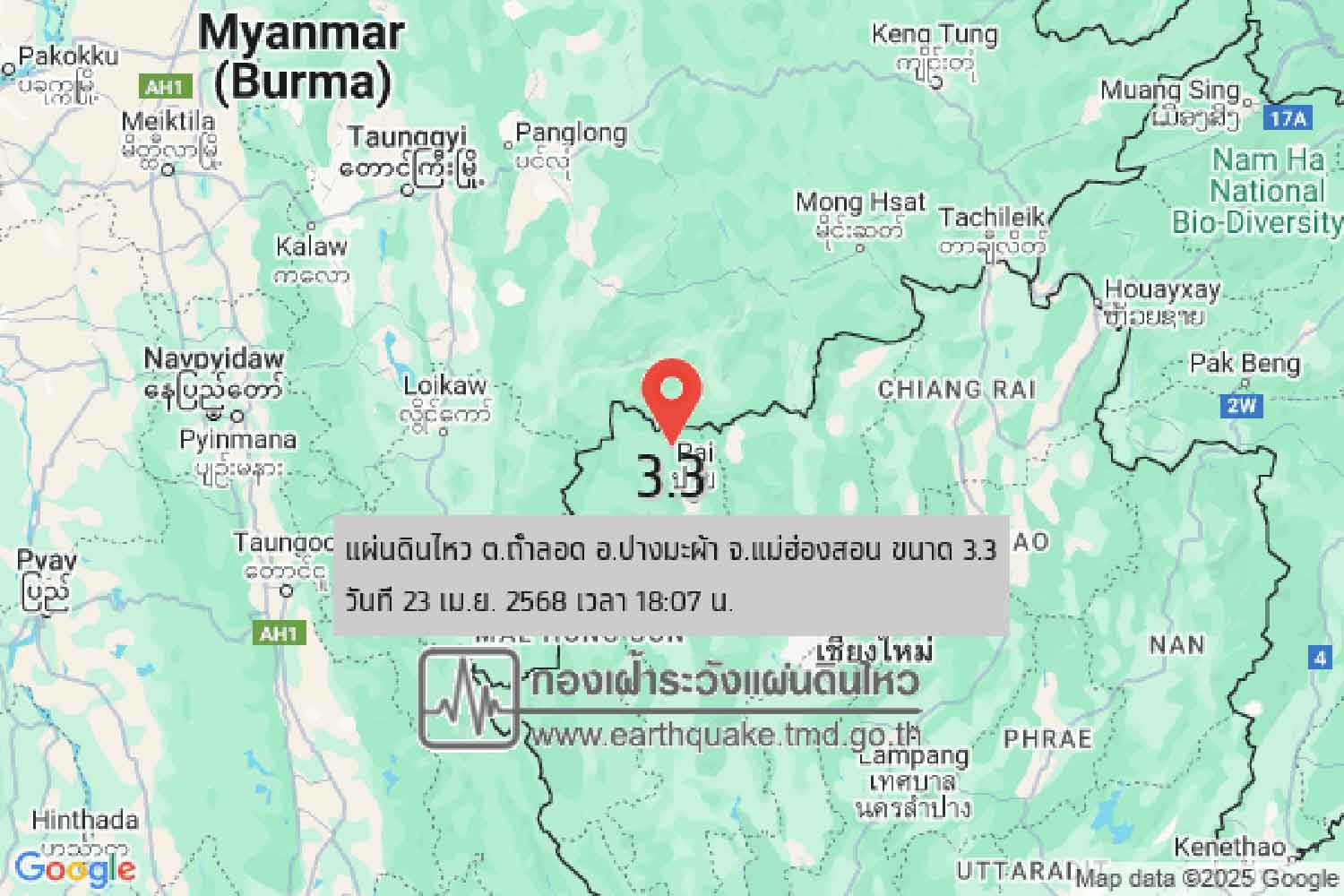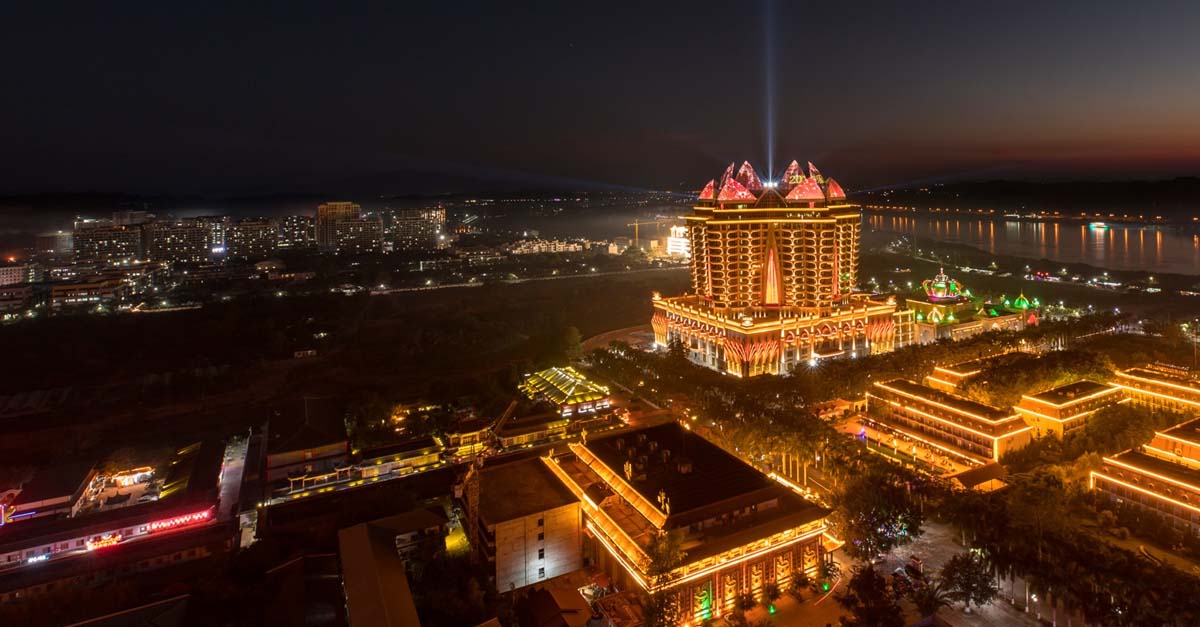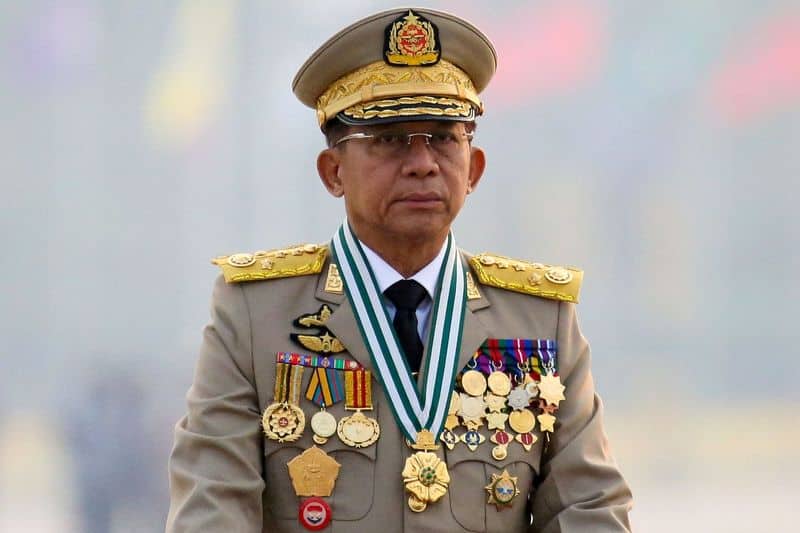Growing Tensions in Thai Politics
Opposition Rallies for Change
Thailand’s opposition, led by the People’s Party, intensified pressure on the government on July 4, 2025, demanding the appointment of an interim prime minister and the dissolution of parliament by year-end. The call follows Prime Minister Paetongtarn Shinawatra’s suspension by the Constitutional Court over a leaked conversation with Cambodia’s Hun Sen, which sparked public outrage. With Thailand’s political instability affecting 67 million citizens, the opposition’s push reflects a broader demand for reform, as 60% of Thais seek new leadership, per a 2025 Nida poll.
Conditions for New Leadership
Demanding a Legitimate Government
The People’s Party, holding 142 seats, outlined strict conditions for supporting a new prime minister, insisting on a leader committed to dissolving parliament by December 2025. The party emphasized the need for a government free from political deal-making, focusing on resolving Thailand’s economic and security challenges. With the SET Index down 20.1% in 2025, per economic reports, the opposition’s demand for a competent administration resonates with public frustration over economic stagnation and rising living costs.
Call for Constitutional Reform
Push for a Referendum
The opposition urged acting Prime Minister Phumtham Wechayachai to hold a referendum on establishing a Constitution Drafting Assembly to amend the 2017 charter, criticized for favoring military influence. This aligns with Thailand’s history of constitutional disputes, with 20 charters since 1932. The People’s Party vowed to remain in opposition, rejecting ministerial roles until a new election ensures a government trusted by the public, a sentiment echoed by 70% of urban voters on social media platforms like X.
United Opposition Front
Welcoming Bhumjaithai to the Fold
On the first day of the new parliamentary session, People’s Party leader Natthaphong Ruengpanyawut met with Bhumjaithai’s Anutin Charnvirakul, marking the latter’s formal entry into the opposition bloc after leaving the Pheu Thai coalition. The coalition’s loss of Bhumjaithai’s 69 seats has weakened its majority, with only 51% of parliamentary seats remaining, per 2025 legislative data. The opposition’s unity strengthens its leverage, particularly against controversial government policies like the casino-entertainment complex bill.
Scrutiny of Government Policies
Opposing the Casino Bill
The opposition bloc unanimously rejected the government’s casino-entertainment complex proposal, demanding its withdrawal. This stance reflects public concerns, with 65% of Thais opposing the bill due to social impact fears, per a 2025 survey. Discussions also focused on de-escalating the Thailand-Cambodia border dispute, a priority for 80% of northeastern residents, per regional polls. The opposition’s coordinated strategy aims to expose government weaknesses while advocating for immediate economic relief measures.
Strategic Pause on No-Confidence Vote
Awaiting Court’s Ruling
While Bhumjaithai proposed a no-confidence motion, the opposition agreed to delay it pending the Constitutional Court’s decision on Paetongtarn’s status. Natthaphong emphasized avoiding a political deadlock, a risk heightened by Thailand’s history of 12 coups since 1932. Anutin clarified he is not seeking the premiership, focusing instead on a transitional leader to resolve crises and call elections, aligning with public calls on X for a return to democratic processes by 2026.
